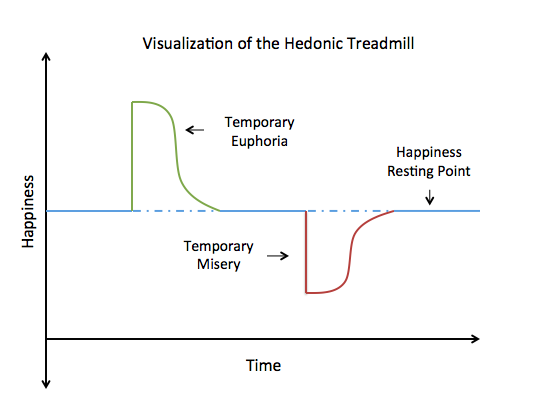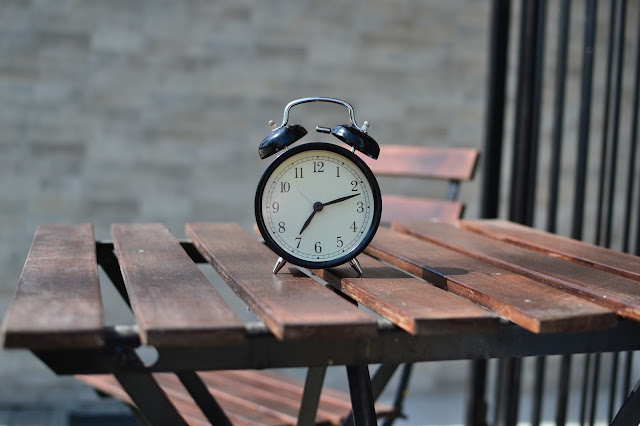Being an engineer, a data analytics guy, and then a strategy professional, I strongly believe in finding a proper method or framework for doing things, instead of following a "hit and trial" method.
When I started my learning journey about minimalism, I searched a lot on google for finding a Minimalist Rulebook. I honestly believed that there should be a set of 10-20-50 rules that you need to follow to become a minimalist. I scoured a lot of websites out there, subscribed to their email lists, and downloaded many free PDFs that they offer. However, most of them turned out to be guidebooks on How to declutter your life.
Well, most of them were good for that purpose, but decluttering is only a very small sub-set of a minimalist lifestyle. No doubt it is the most visible part, but eventually, it is only a sub-set of the overall philosophy. Also, instead of all those long PDFs, I rather prefer to go and read a 15-word blog post from The Minimalists
The easiest Way to Organize Your Stuff … is to get rid of most of it.
Umm, so there is really no rulebook?
 |
| Dan Dimmock on Unsplash |
The more I study about it, the more I realize it is not only inaccurate but quite pointless to have a minimalist rulebook.
Minimalist living is not about who can lead a normal life with the least amount of possessions. Rather, it is about owning or being attached to things consciously. Own 100-200-300 things, but each one of them should add value to your life. However, what adds value to my life could be absolutely useless for you. Context matters. For example, I love tea and own several pieces of tea-making ingredients and equipment. But in a coffee drinker's life, all of this is just clutter!
To add to it, I realized what adds value and what doesn't is a point function. Meaning, it is true only at a given point in time. When I shifted to where I live now, I carried my Xbox thousands of kilometers with me. I could not imagine a life without it. However, today morning I found it stuffed at the back of a closet, untouched since almost a year ago.
So what should we do?
In any dictionary, Minimalism is not written as the opposite of the word Want. Rather, Minimalism is defined as the process of owning things more consciously and questioning the value of things we still hold on to from the past.
From my personal experience, what works better for the human behavior is defined, scheduled processes than rules or my pet peeve - new year resolutions. Taking an example from my other passion - personal finance -
- Process: Following a Systematic investment plan (SIP) or Dollar Cost Averaging (in American parlance) is a great process to automate long term savings while making sure the amount earmarked for savings is not used for wasteful expenses - you can't spend what is already deduced from your account
- Changing context over time: To assess if your current investment profile still aligns with your long term values, it is recommended to periodically balance your exposure between different asset classes (debt / equity etc.) once a year or so
Similarly, for the minimalism practice, each one of us has to answer our own questions and develop our own processes -
- How do we decide if a thing adds value to our life or not?
- How do we make our purchase decisions?
- What to do with just in case items in our home and life? (the drawer filled with 50 different screws and 20 different chargers and wires!)
- How do we learn to co-exist with family / friends who do not believe in minimalist lifestyles?
- remember these key values before making any purchase decision in life / while periodically reviewing your possessions
- revisit these questions periodically, to evaluate if your answers have changed





